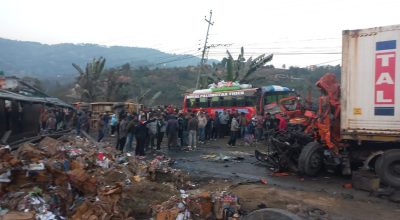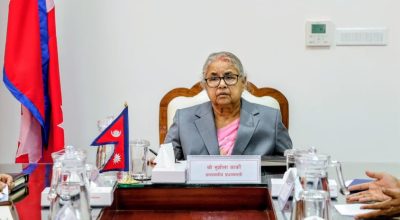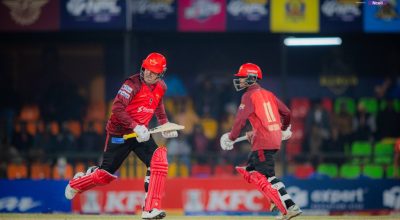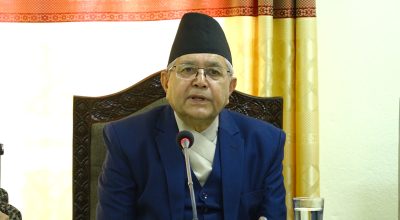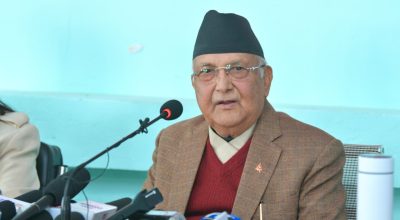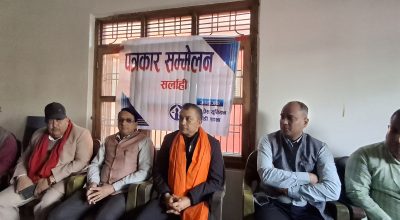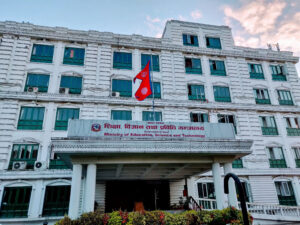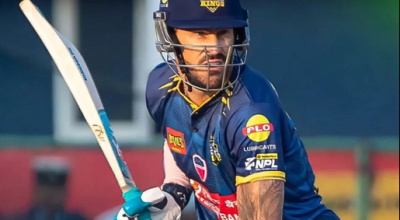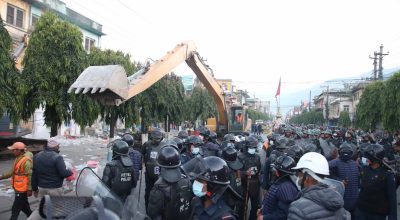
DHANGADHI, Dec 02: A 14-year-old girl from Lamkichuha in Kailali district does not like to go to school. Her classmates, who are studying in class 6, treat her differently because she is infected with HIV. Even, her father died after a long illness. After the death of the father, the health examination of the mother and daughter confirmed the HIV infection. Nowadays, both the mother and daughter are receiving ART from Tikapur Hospital.
Other children do not like to sit, play and have lunch. “My friends don’t want to come near me, they treat me like a criminal,” she said. “When I was four, the infection was confirmed. I found out later that I was born with HIV-infection. What’s wrong with me being infected? Is it my fault?”
She says that she is not interested in education due to discrimination in school. “I am not regular in school. My mother says I should study,” says the girl. “I’m looking to pursue my education, get job in future, but it’s very stressful to continue school for me.”
A 13-year-old boy from Joshipur is studying in 4th grade. Both the parents of the child have already passed away. His grandfather takes care of him, but discrimination in school is unbearable for him. “I am good at reading. I always finish third in the class. Unfortunately, I don’t have any friends in the school,” says the boy. “Most of the students do not come near to me, I feel lonely. Even I am not regular in the school. I think I would be the first if I read regularly.”
Although World AIDS Day has been observed since 1988 with the aim of raising public awareness about the effective prevention, care and treatment of HIV/AIDS, the infected are still discriminated against, says Jagat Bhandari, president of Navjivan Ekta Samaj.
“We have been working for a long time to make it easier for infected children to get an education, but the problem does not seem to have been solved,” said Bhandari. “We are helping them as much as possible for the stationary, books and clothes.”
On Bhandari’s initiative, collection boxes for children’s education have been set up in three hotels in Tikapur, Kailali. “We help the infected children with the money deposited in the three boxes annually,” said Bhandari. “Like other citizens, the infected should be able to live, enjoy and work in the society. ”
He also demanded that all should be supportive for the livelihood of the infected as they need more nutrition, rest and treatment than other citizens. 516 people are receiving ART from Tikapur Hospital in Kailali district. Of them, 290 are women, 184 are men and 42 are children.
Navkiran Plus, established in Tikapur, Kailali, has been helping in various ways to uplift the lives of the infected. It has been providing transportation expenses to the infected people who come to the hospital to take ART.
According to Dhan Bahadur Chaudhary, Finance Officer of Navjivan Plus, social security grants are being provided to 124 children in Kailali. “We provide financial assistance to children at the rate of Rs 1,000 per month. The aim is to help them in their education,” said Chaudhary. “124 children are availing this facility. We distribute nearly Rs.124,000 monthly.”





